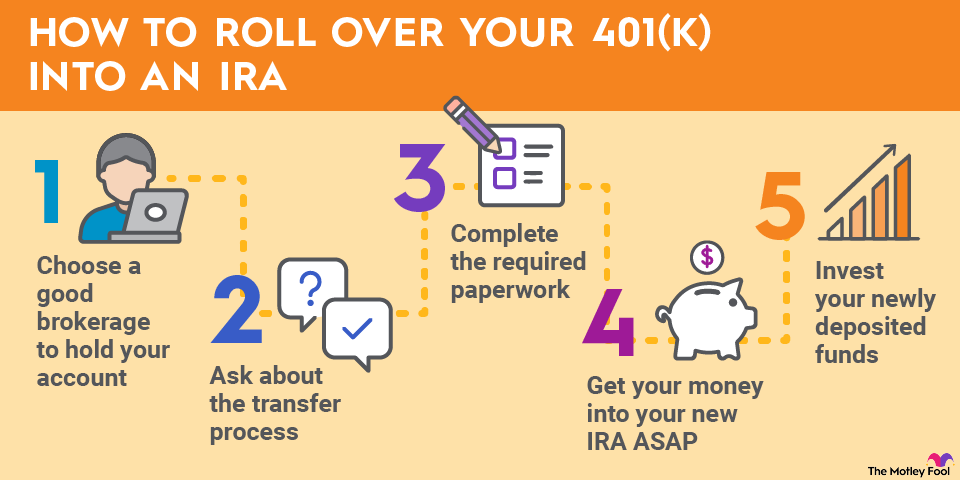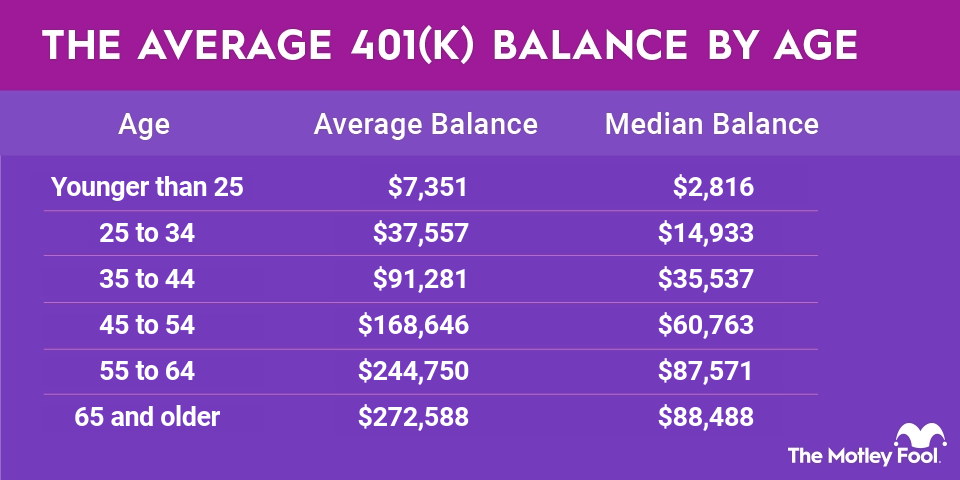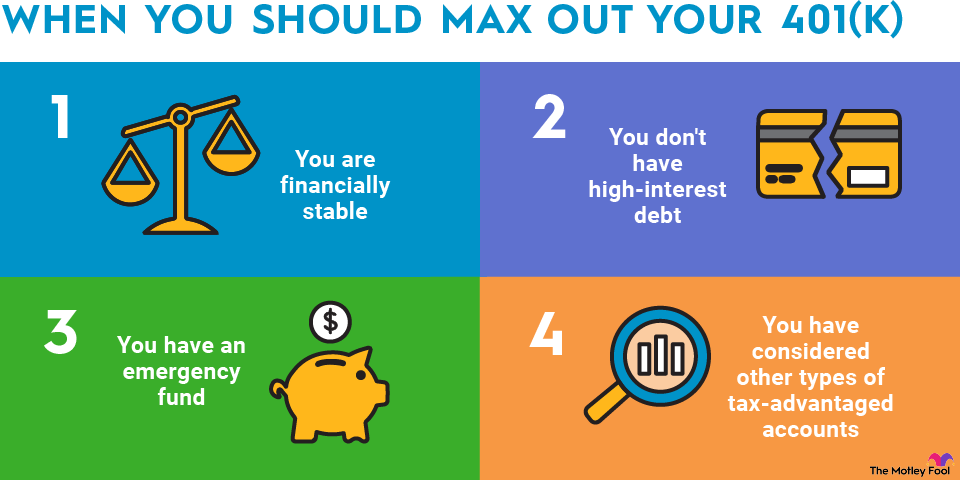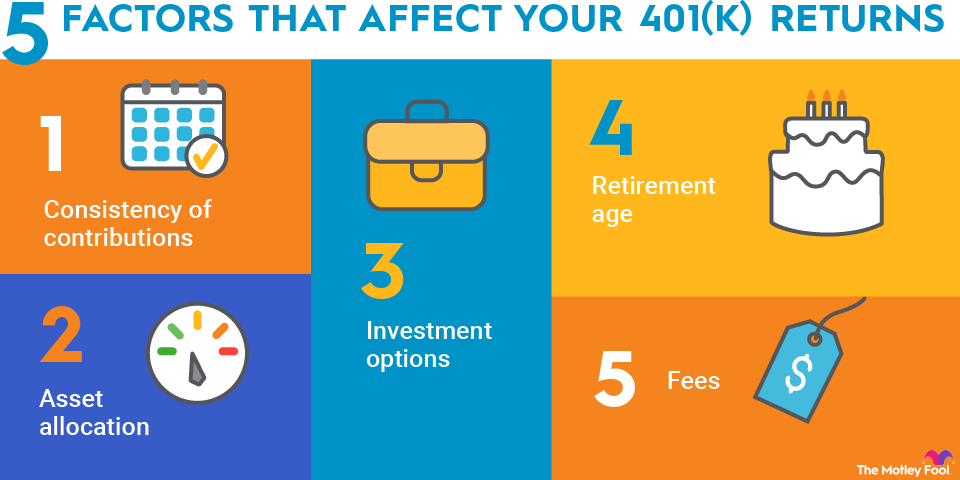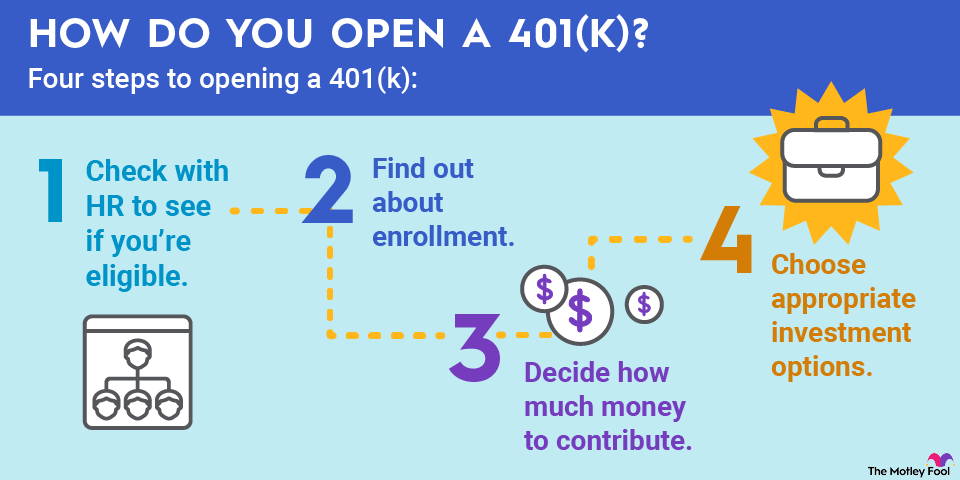It's an important distinction that the limit considers total compensation, which includes employer contributions to a 401(k) plan, not just salary.
That income limit doesn't mean anyone making more than $350,000 in 2025 (or $360,000 in 2026) is ineligible to contribute. It only means any amount of compensation above the limit isn't eligible for contribution.
Employees making more than the limit can still contribute the maximum salary deferral to their employer's 401(k) plan. However, the employer's matching contribution will apply only up to the limit.
For example, if your salary is $500,000, and your employer also offers a 5% match on your 401(k) salary deferrals, you can contribute $23,500 in 2025. Your employer match will only be $17,500, though, instead of the full $25,000, or 5%. That's because it's limited by the $350,000 compensation limit for 2025.
In rare cases, such as poorly written 401(k) plans, employees may find that their own contributions are affected differently by the income restrictions. If the plan states employees can defer salary up until they reach the annual income limit, they won't be able to contribute anything near the end of the year after they surpass that limit. If this is the case with your plan, ask your HR department to revise the plan's wording so that you can make contributions throughout the year. In the meantime, be sure to contribute earlier in the year.

